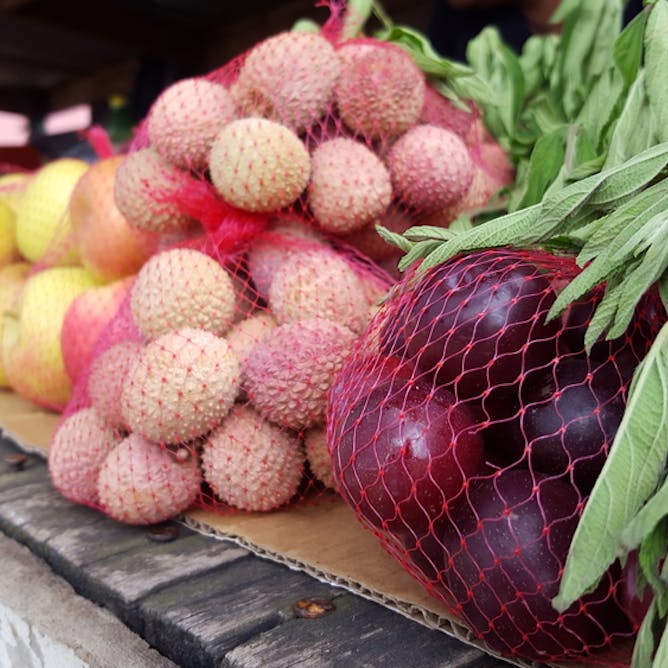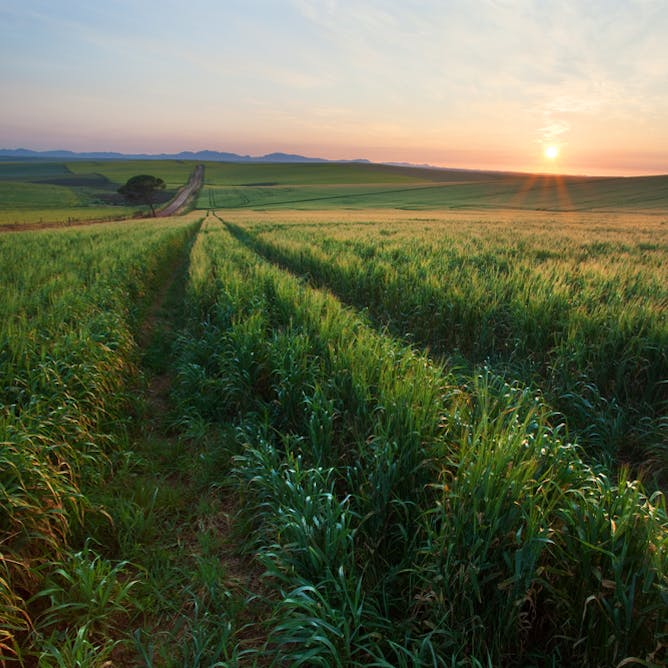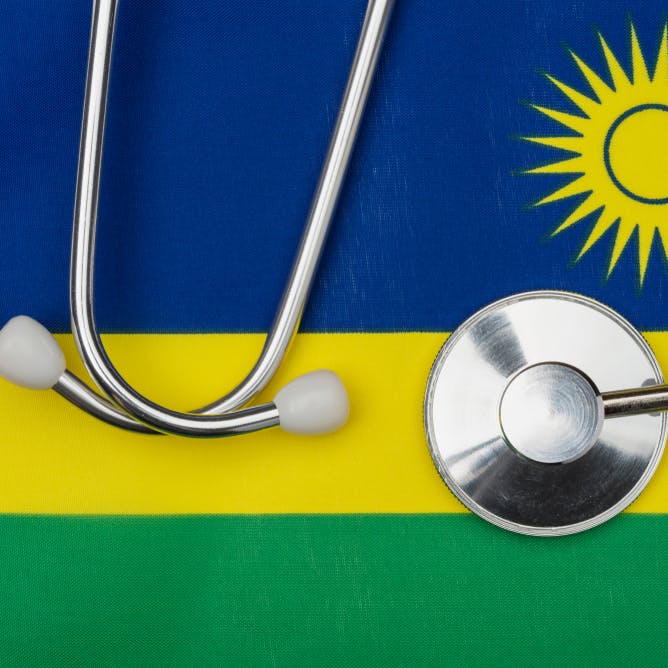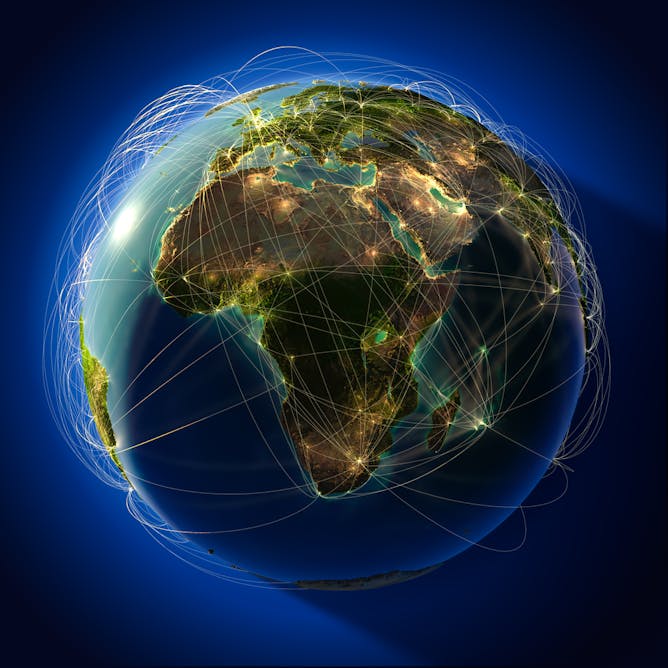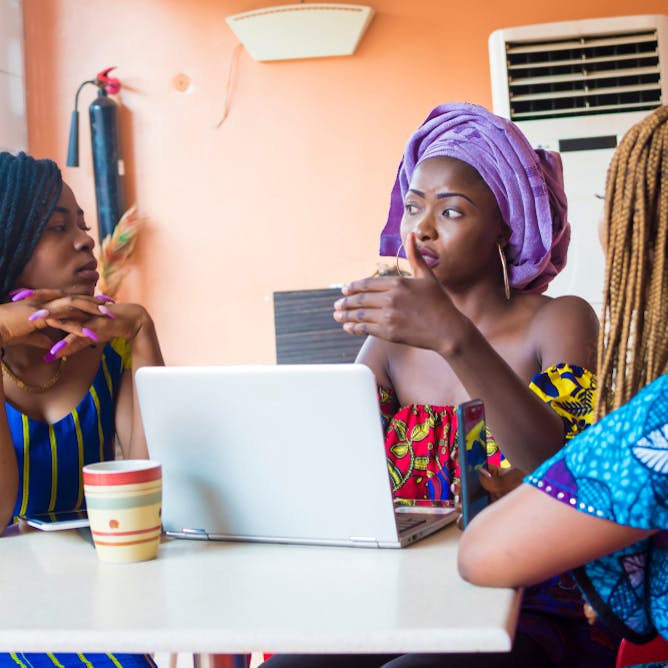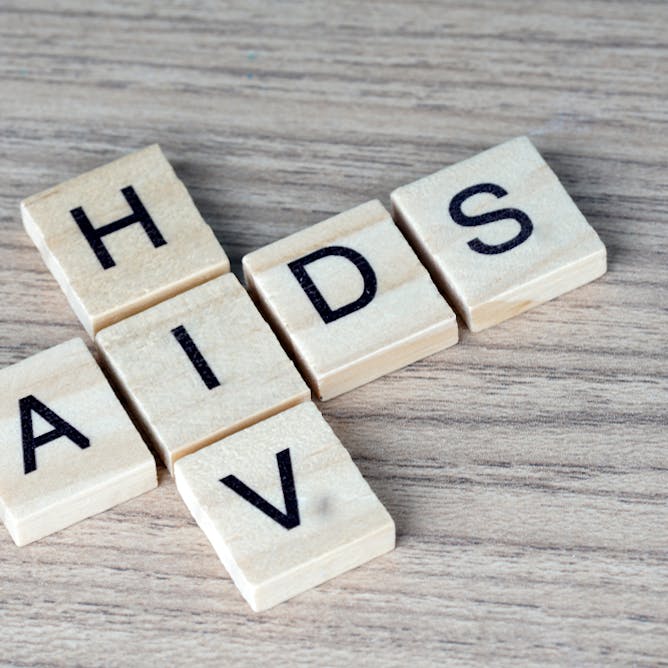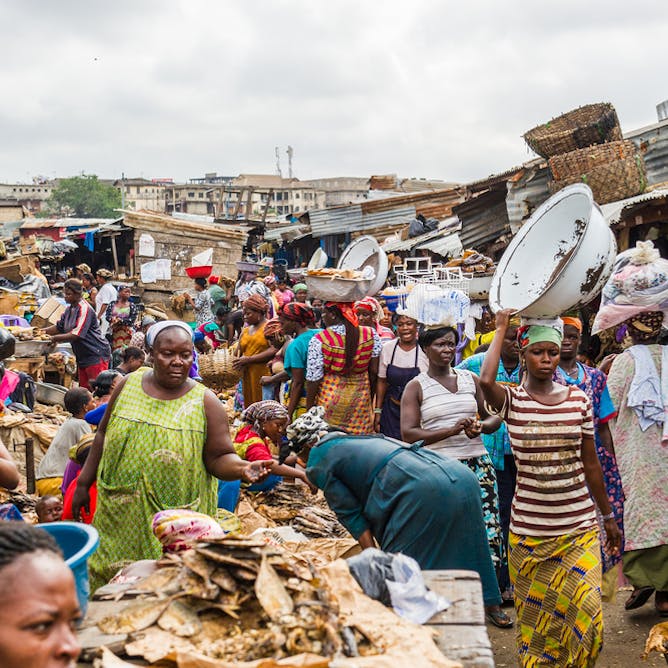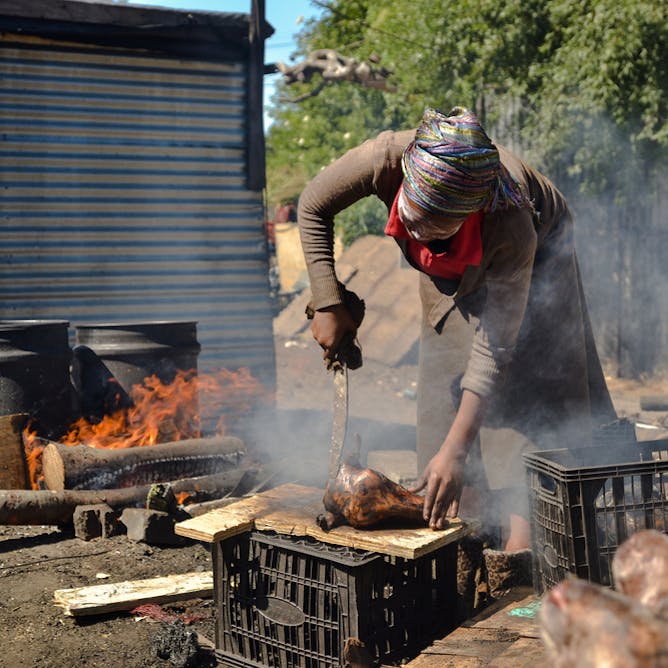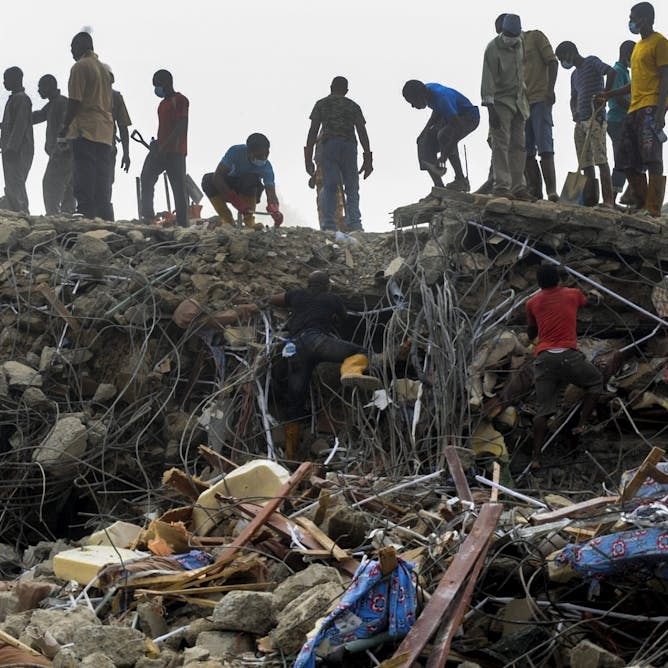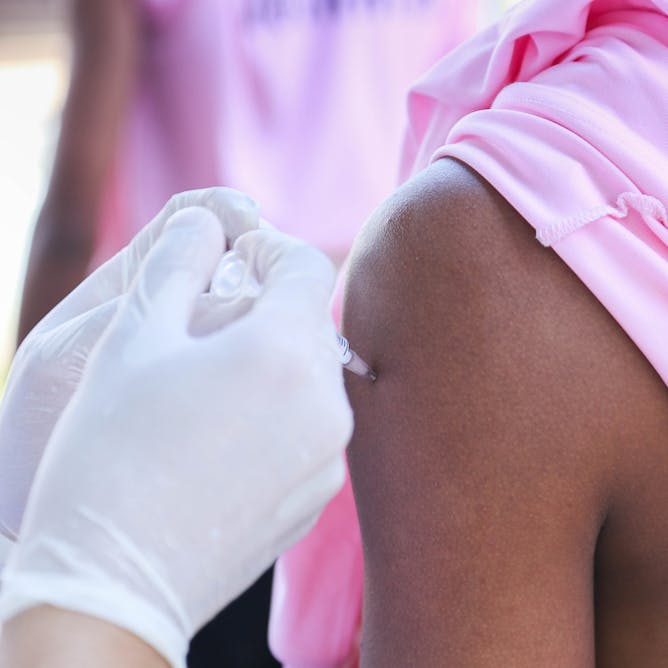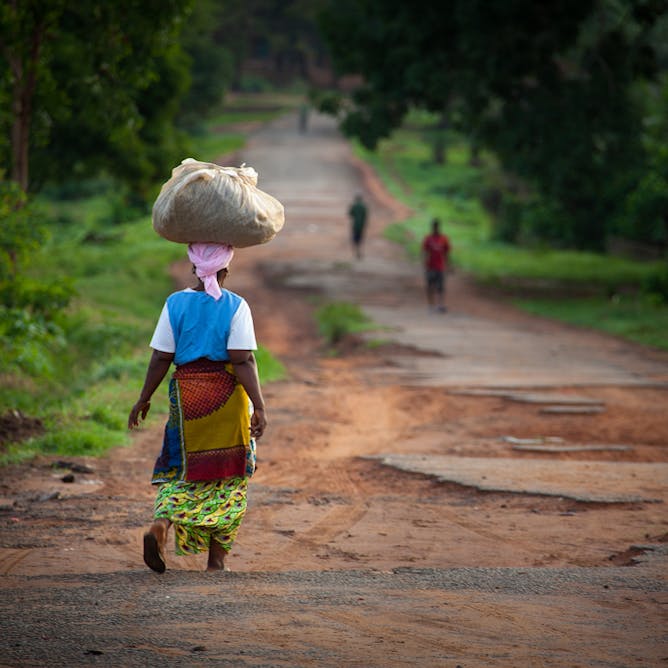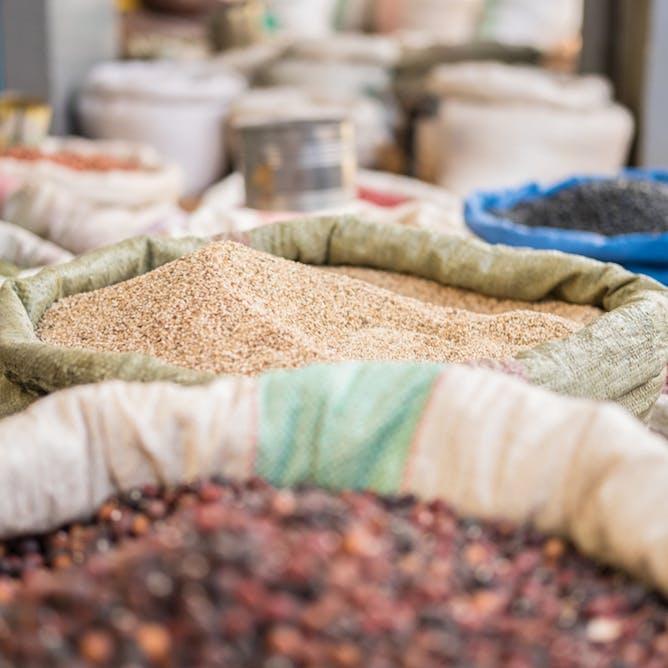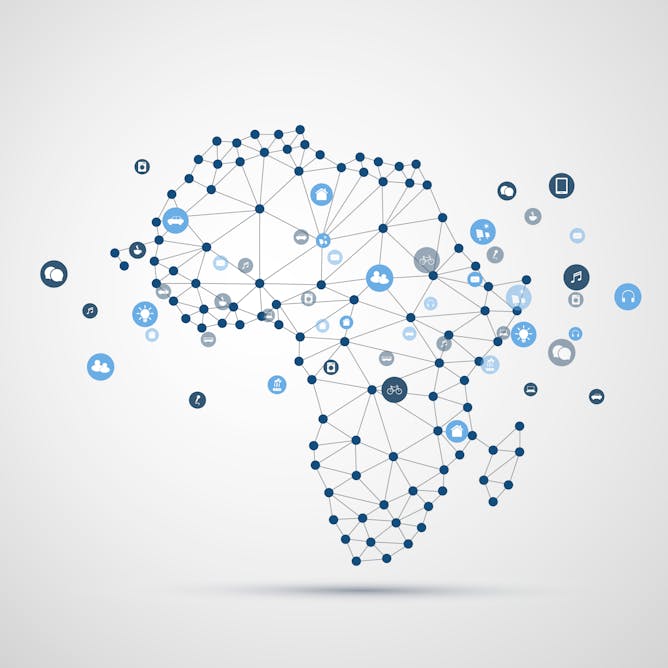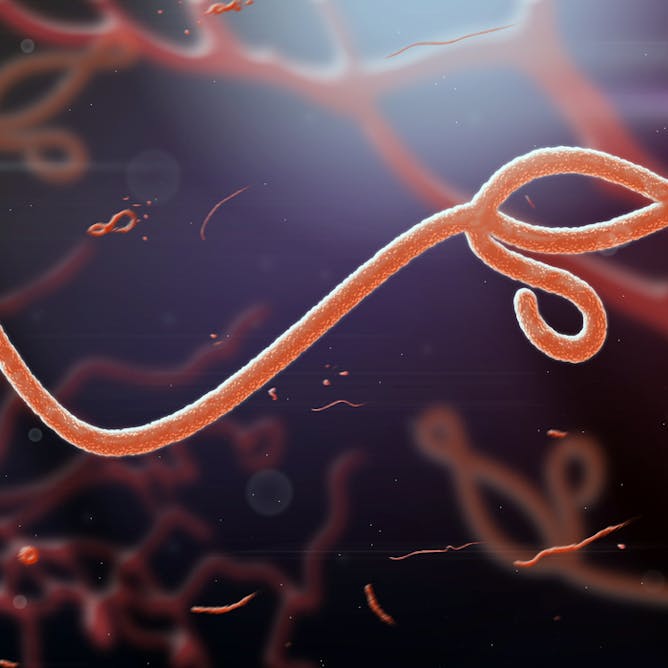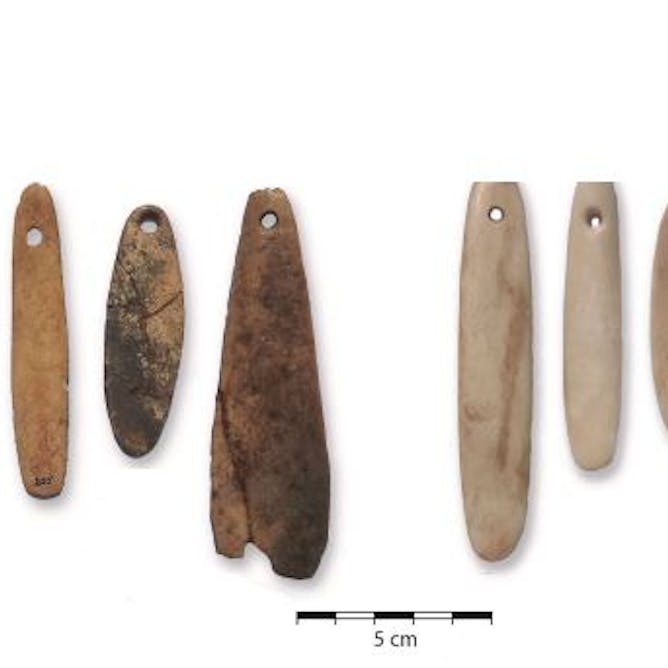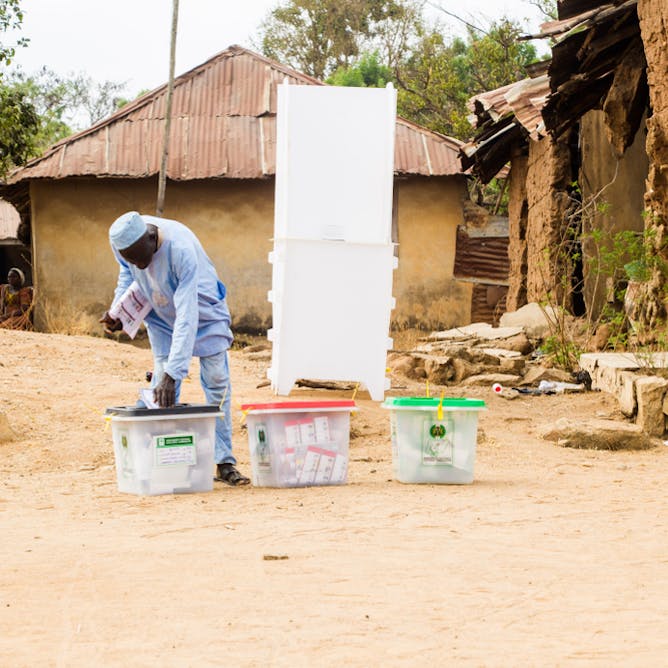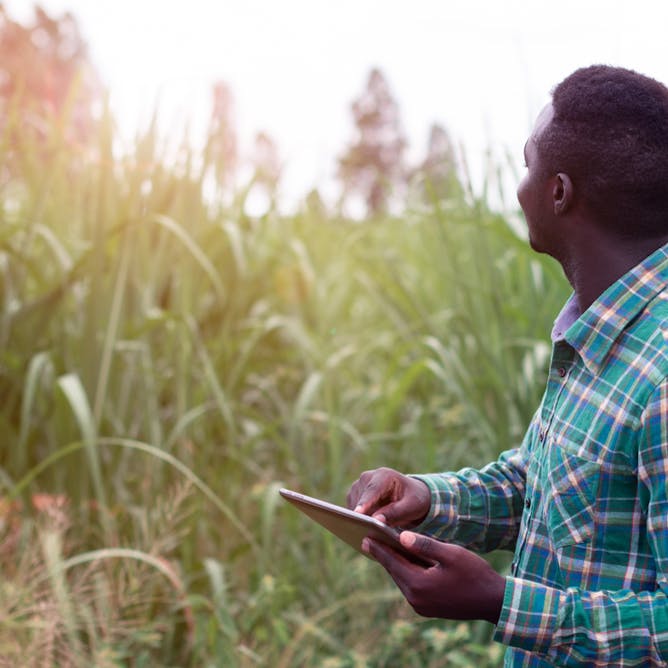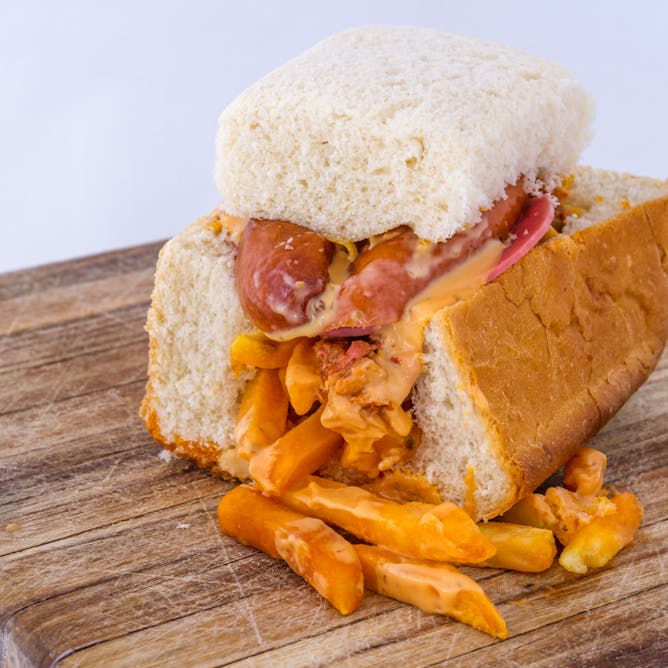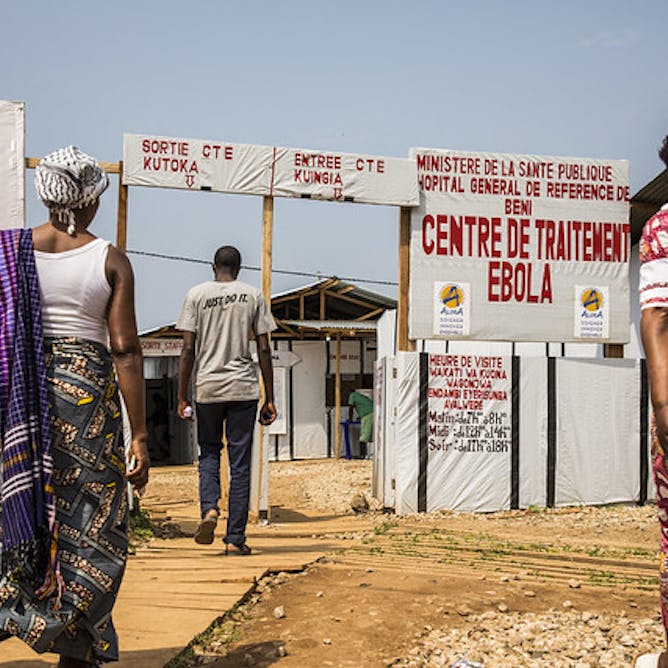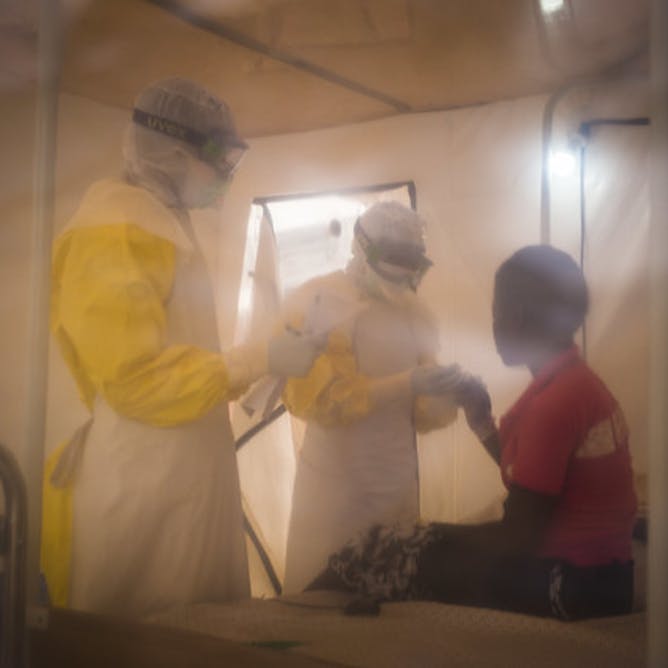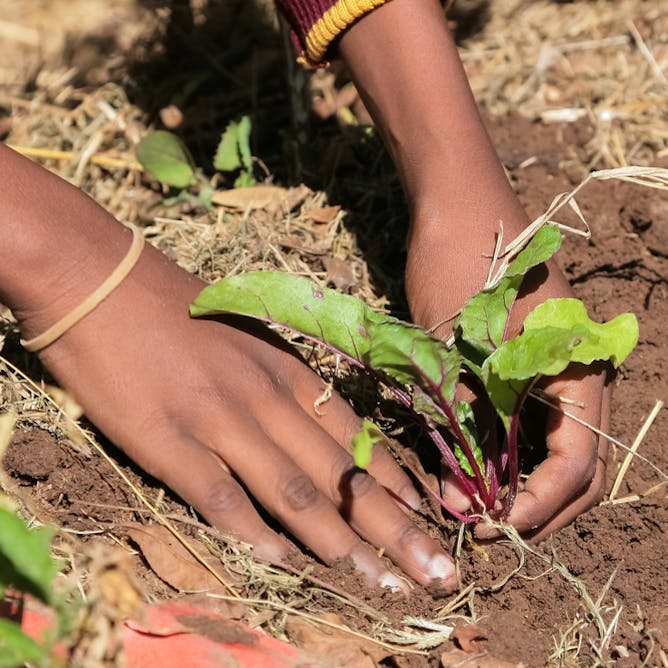
Latest Episodes
Pasha 52: Taking a look at healthy food in South Africa
Healthy food is critical to people's well being. Not only does eating it keep us healthy and strong, but producing your own food is empowering and could even be a potential source of income. The problem is that healthy, fresh food isn't always affordable and accessible for everyone. In today's episode of Pasha Lise Korsten, co-director at the Centre of Excellence in Food Security at the University…
1 Host: Lise Korsten
Pasha 51: Donating your body to research
Medical students learn a lot from studying the bodies of people who have died. When people donate their body for this purpose, their identity will never be disclosed and the body can be returned to the family at any time. In today's episode of Pasha, PhD candidate Kimberleigh Tommy and lecturer Brendon Billings explain why it's important for anatomy students to work with real cadavers. They discuss…
2 Hosts: Brendon Kurt Billings and Kimberleigh Ashley Tommy
Pasha 50: The threat of climate change to South Africa's agriculture
Temperatures across southern Africa are increasing. This presents a threat to many crops across the region. Rainfall projections are uncertain but the impact of climate change on agriculture is clear. The sector will suffer, and food shortages could follow. It is important for farmers to increase resilience and take steps to deal with a changing climate. These steps include increasing agricultural…
1 Host: Peter Johnston
Pasha 49: How Rwanda rebuilt a broken healthcare system
Rwanda has made strides in its health sector in recent years. The country is noted for making faster than expected progress over the past 15 years in reducing deaths among children younger than five. This is the result of the work the government has done in building a strong health system and taking an inclusive approach to health coverage. But there are still challenges like maternal mortality, for…
1 Host: Agnes Binagwaho
Pasha 48: Data science and taking on Africa’s challenges
Data science is a buzzword commonly heard these days. But what is it? Data science combines a number of fields and is a blend of statistics, computer science, mathematics, engineering and subject matter knowledge. It holds tremendous potential as has already been shown with game-changing, crucial innovations rooted in the work of data scientists. And African countries are starting to get on board…
1 Host: Wim Delva
Pasha 47: How to increase the role women play in developing the continent
Women all over the world face a number of challenges and this is also true in many countries on the African continent. The perceptions of society can result in their potential being "locked up". Education is crucial to overcome the mind-sets that prevent women from taking more of a lead in society. In today's episode of Pasha, Roula Inglesi-Lotz, co-leader of the Women in Science Working Group and…
1 Host: Roula Inglesi-Lotz
Pasha 46: The 90:90:90 goals and the fight against HIV and AIDS
To end the HIV and AIDS epidemic by 2030, the United Nations established an ambitious set of goals known as 90-90-90. The idea is that by 2020, 90% of people who are HIV infected will be diagnosed, 90% of people who are diagnosed will be on antiretroviral treatment and 90% of those who receive antiretrovirals will be virally suppressed. In today's episode of Pasha, Peter Piot, Director and Handa Professor…
1 Host: Ozayr Patel
Pasha 45: Spotlight on population growth in Africa
Africa's population is expected to double by 2050. It's therefore important to look at what’s driving population growth, and what can be done to slow the trend. These topics are being considered at the 8th African Population Conference in Entebbe in Uganda. In the latest episode of Pasha, Alex Ezeh, a Dornsife Professor of Global Health at Drexel University, discusses how population growth can be addressed…
1 Host: Alex Ezeh
Pasha 44: Gender inequality in Kenyan and South African education systems
South Africa and Kenya have progressive legal frameworks when it comes to higher education policies. But women are still missing from higher education institutions. This is attributed to the difficult social conditions they face. In today's episode of Pasha Beatrice Akala, a post doctoral research fellow at the University of Johannesburg in South Africa, speaks about how to deal with some of the challenges…
1 Host: Ozayr Patel
Pasha 43: How South Africa can deliver on the right to food
Hunger and food insecurity are prominent issues in South Africa. Many people don't have access to nutritious food and there is severe food injustice in the country. Yet people are not taking to the streets to protest about this. This is because people are unaware that they have a right to food. South Africa can take lessons on this from regions in India and Brazil. Tackling food injustice needs a transformation…
1 Host: Brittany Kesselman
Pasha 42: Cities in Africa need to be made safer
Across Africa people are moving to cities. But the way in which urban spaces are being expanded leaves a lot to be desired. For example, buildings are unsafe. They are hastily constructed to meet the influx of people. Collapsed buildings are a regular occurrence. In today's episode, Festival Godwin Boateng, a PhD candidate at the School of Global Urban and Social Studies at RMIT University in Australia…
1 Host: Festival Godwin Boateng
Pasha 41: Taking a look at measles in the DRC
The measles outbreak in the DRC is the largest and most fatal in the world this year. What started in one section of the country has now spread to all 26 provinces. Not vaccinating children lies at the heart of the problem. But there are a number of issues which makes vaccinating kids difficult. In today's episode of Pasha Matthew Ferrari, an associate professor of biology at Pennsylvania State University…
1 Host: Matthew Ferrari
Pasha 40: Why it's important to focus on gender during an outbreak
When it comes to talking about, understanding and tackling outbreaks like Ebola, gender is not often raised as an issue. That's a problem because most of the people responsible for providing care in homes are women. This care work increases their risk of infection and places enormous financial, social and psychological burdens on them. In today's episode of Pasha Julia Smith, a research associate at…
1 Host: Ozayr Patel
Pasha 39: How local crops and grains can help solve nutrition issues
Climate change presents a problem for many African countries. Drought resistant crops need to be accessible as good, nutritious food will become increasingly scarce with a changing climate. Indigenous crops like sorghum, millets and cowpeas are drought tolerant and can be prepared in ways that improve nutrition. In today’s episode of Pasha, Kwaku Gyebi Duodu, an associate professor in food and chemistry…
1 Host: Kwaku Gyebi Duodu
Pasha 38: How cloud computing can speed up development in African countries
Cloud computing is the delivery and storage of technology capabilities over the internet. It can be a valuable tool, but to unlock its capability is no easy task. There are certain fundamentals that need to be in place. In today's episode of Pasha, Willem Fourie an associate Professor at the University of Pretoria, looks at the four fundamentals needed to get African countries to use cloud computing…
1 Host: Willem Fourie
Pasha 37: Why the new Ebola vaccine may be a game changer
An Ebola vaccine is currently being trialled in Uganda. The vaccine, which has two doses, is designed to produce stronger and longer-lasting immune responses. One of the most important things about the vaccine is that it covers different strains of Ebola, which means it can treat more people. It is to be tested in Uganda and also in parts of the Democratic Republic of the Congo, which has been battling…
1 Host: Yap Boum
Pasha 36: The sounds of our ancestors
Studying the Middle and Later Stone Age, which was about 300 000 to 300 years ago in South Africa, is a vital way to learn about an important period for our ancestors. We know a fair amount about the tools and the paintings made by people of that time. But very little is known about the sounds that people made and listened to. This lack of knowledge made a group of South African researchers curious…
2 Hosts: Joshua Kumbani and Sarah Wurz
Pasha 35: How WhatsApp played a role in the Nigerian elections
WhatsApp is one of the world's most popular social media platforms. The messaging app is encrypted so it's safer to share messages there than on platforms like Facebook and Twitter. It also notorious for the spread of fake news. But it's also used for good. In the run-up to Nigeria's 2019 election, for instance, the platform was used to spread fake news -- but it was also used for campaigning and communicating…
1 Host: Nic Cheeseman
Pasha 34: How digital technologies can help farmers in Africa
Digitisation could change the game for Africa's smallholder farmers. Technologies like drones, satellites and apps all have the ability to make farming much easier and simpler. Of course, technology is not a panacea to all the challenges smallholder farmers face -- but as it gets cheaper and easier to access, it can make their work much easier. In today's episode of Pasha PhD students Abdul-Rahim Abdulai…
2 Hosts: Abdul-Rahim Abdulai and Emily Duncan
Pasha 33: Staying healthy is difficult for young women in Soweto
It's not easy for young women living in Soweto, South Africa, to prioritise healthy living. Soweto is a large, densely populated urban township that's home to one third of Johannesburg's population. In a research project, women aged between 18 and 24 explained that unhealthy food was cheap and easily accessible. To make matters worse, they didn't feel safe to work out and had very real concerns about…
1 Host: Alessandra Prioreschi
Pasha 32: Ebola in the DRC - Part 2
Ebola does more than just physical damage: it has serious effects on food security, a country's economy and other health services. More than a year into a deadly outbreak, the Democratic Republic of the Congo is grappling with all these issues and more. In part two of this series on Ebola Janusz Paweska, head of the Centre for Emerging and Zoonotic Diseases at South Africa's National Institute for…
1 Host: Ozayr Patel
Pasha 31: Ebola in the DRC -- Part 1
Last August an Ebola outbreak was declared in parts of the Democratic Republic of the Congo (DRC). This is the tenth time the deadly virus has hit the country -- and, a year on, the fight to end the outbreak continues. In part one of this series on Ebola Janusz Paweska, head of the Centre for Emerging and Zoonotic Diseases at the National Institute for Communicable Diseases, takes us through some of…
1 Host: Janusz Paweska
Pasha 30: What is quantum machine learning?
There's a branch of physics called quantum mechanics, which deals with probabilities and makes a principle out of uncertainty. It tries to understand interesting phenomena that normal physics can't and can be applied in a number of ways, including to quantum machine learning. Sound like science fiction? It's not. In today's episode of Pasha Professor Francesco Petruccione and researcher Amira Abbas…
1 Host: Ozayr Patel
Special edition: what are the symptoms and effects of Ebola?
Janusz Paweska, head of the Centre for Emerging and Zoonotic Diseases at the National Institute for Communicable Diseases in South Africa, discusses the terrible physical effects of Ebola.
1 Host: Ozayr Patel
Pasha 29: Young South Africans want to farm, but there are obstacles
Unemployment is a major problem in South Africa. The youth -- defined as those aged between 15 and 35 -- make up a big proportion of the country's high unemployment rate. The agricultural sector could be a key source of job creation for these young people. But while some in this group are interested in agriculture, there are obstacles in their path. And that means many young South Africans are turning…
1 Host: Luke Metelerkamp

